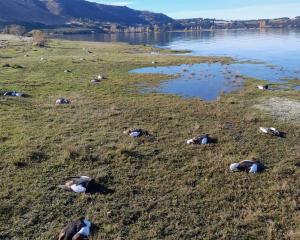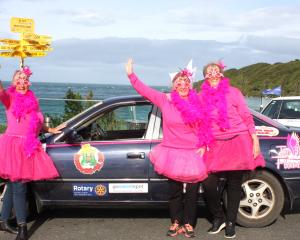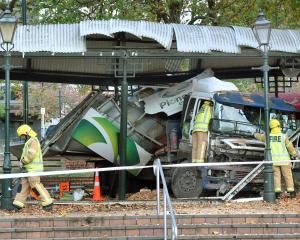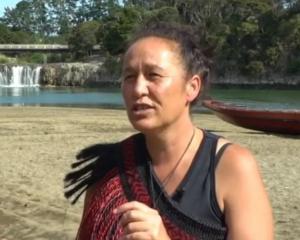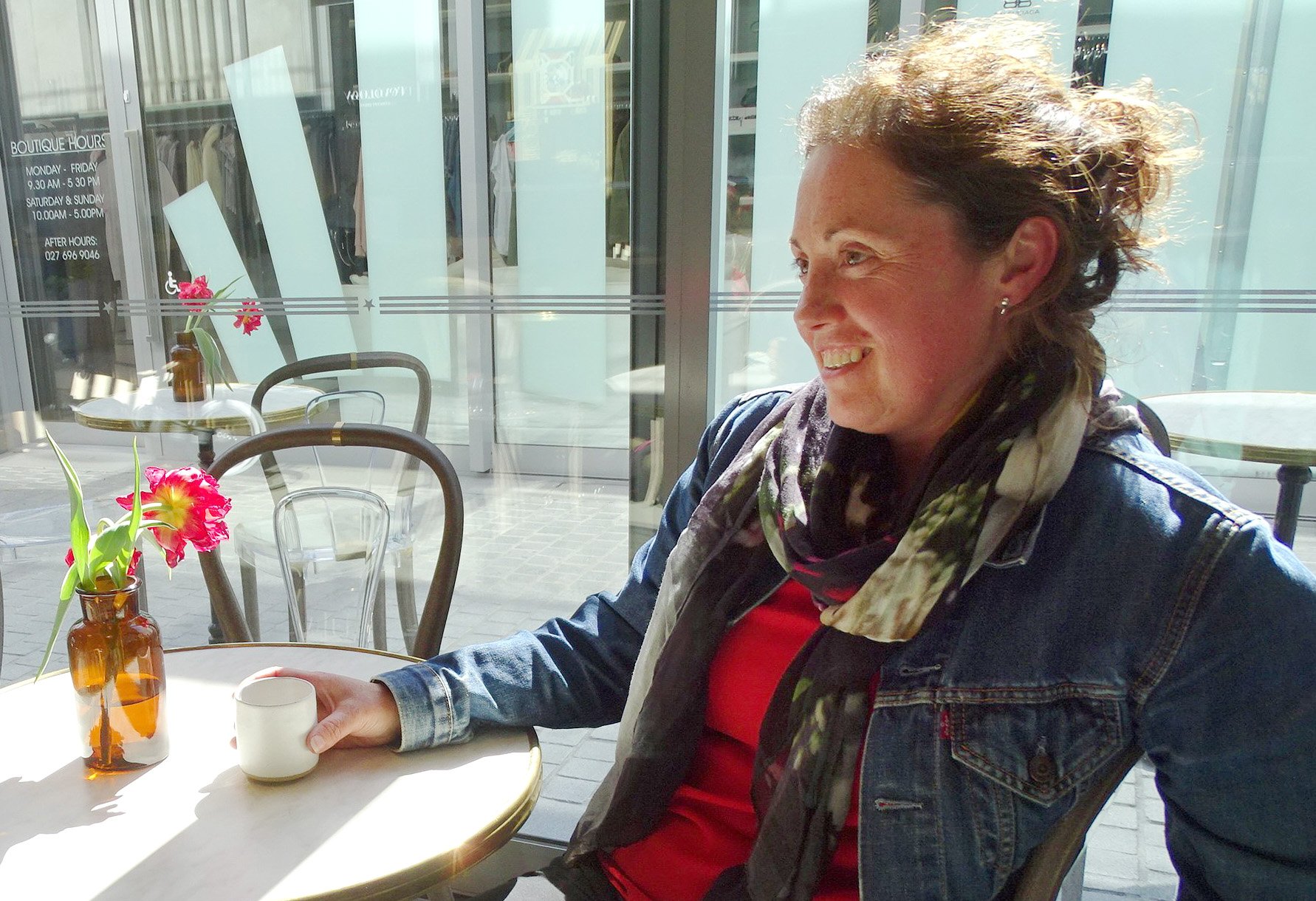
Kerrie Waterworth spoke to an environmental engineer who has worked for 20 years on climate change issues around the world, but calls Hawea home.
Carly Green is not travelling this year, and it has nothing to do with the Covid-19 crisis.
For the past 12 years, the climate consultant and environmental engineer has spent 60% of each year working in more than 20 countries, and she is exhausted.
"I worked with the Global Forest Observation Initiative right up to August this year and basically resigned. I needed to take some time off, my kids are at the age now where Eamon [18] is finishing school and Muereen is 15 and I feel like I have missed a lot of things and I needed a break."
Dr Green has been working for the United Nations in South America, the Pacific and West Africa, helping communities measure and reduce their carbon emissions.
These places are a world away from the dairy farm where she grew up near the tiny Victorian town of Nathalia, population 1100, 217km north of Melbourne.
Her parents were fourth-generation dairy farmers; she was the second eldest of six children and she had to travel 60km each way to high school in Echuca.
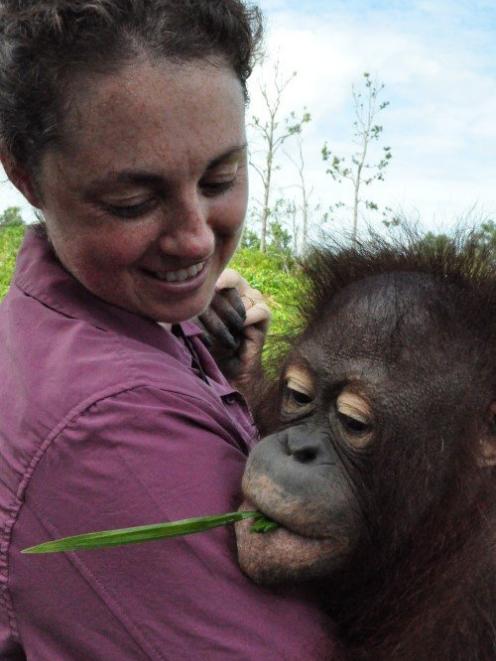
"I had no idea what engineering was, but he said ‘they are looking for women in engineering, you will get a good job and you should do it’."
She was the first in her family to go to university, and in 1995 was one of only 20 students accepted into a new environmental engineering degree at Monash University.
"Gary Codner, the course founder and director, started talking about environmental value and the environment having a financial value, being part of the economy.
"It was not being discussed at all at that point, and that was when I knew I had picked the right course."
In 1999, she graduated and knew she would never go back to the dairy farm.
"It had totally switched my thinking."
Her first two jobs were with the Monash City Council and the University of Melbourne, managing energy use in buildings, and then she and husband Michael moved to Ireland.
At first, Dr Green had to take a job answering phones "because no-one knew what an environmental planner was in Ireland", but by chance her job was answering phones for the environmental master’s degree at University College Dublin.
After a few days of talking on the phone, the department head suggested she apply for a position researching climate effects on forest plantations.
She got the job and in 2002 began her PhD on calculating emissions from forestry and agriculture and implementing climate change policy.
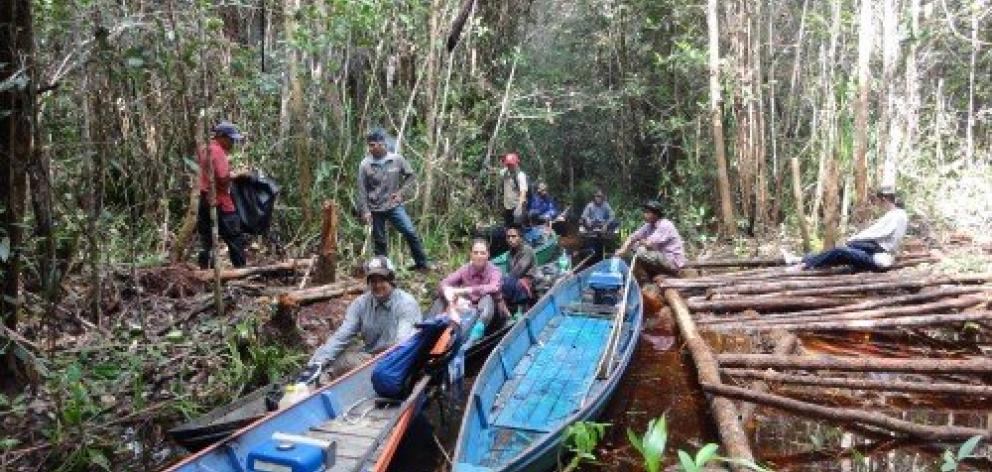
After 12 months’ experience with a consultancy group building a team of 12, working long hours and finding their money was going on rent and childcare, Dr Green and her husband took a life-changing holiday to New Zealand.
"We came here for a three-week holiday, and within four weeks we were living in Hawea Flat.
From her Hawea "oasis", Dr Green started Climate Environmental Accounting Services and for the next five years was verifying carbon offset projects around the world.
"I remember Eamon was in year five at Hawea Flat School before anyone knew he actually had a mum."
In 2010, Dr Green joined the Australian team on the Global Forest Observation Initiative.
"Australia, Norway, United States, Germany and the United Kingdom all put money into support developing countries in reporting their forestry and agricultural emissions to the UN.
"That fundamentally changed the UN negotiation process because all of these developing countries could now make an informed contribution to the debate around climate."
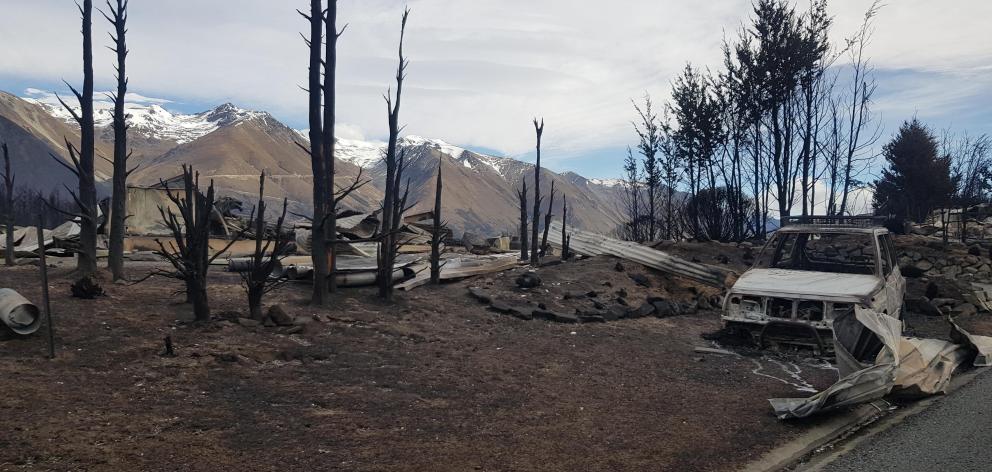
For the past five years she has also provided technical support to Pacific nations through the World Bank.
It had already made a "huge, huge difference" in places like Fiji, she said.
Some communities had used their money to electrify their village, build a school, and establish market gardens and nurseries where they were growing seedlings and selling them to other communities.
Covid-19 border lockdowns may have given another reason for Dr Green not to travel this year, but they are not stopping her working via Zoom four days a week. She recently accepted another contract with the Australian Government, writing methods and guidance for measuring blue carbon in marine forest ecosystems.
"Mangrove forests and sea grasses are important for climate change resilience because they stop erosion. Sea level rise is going to cause a lot of erosion so we are trying to get countries to recognise the value of these ecosystems."
Earlier this year, Dr Green was co-opted to the Queenstown Lakes District Council climate change advisory group.
"The Queenstown Lakes district actually has one of the highest emissions per capita, not just in New Zealand but in the world.
"There is a lot of scope to do stuff here and people need to be doing it."
Although we are at present tracking on a rise of 4degC, she is optimistic for the future.
"The Paris Agreement was a real turning point.
"Each country now has to do things to reduce their emissions to try to stay at two degrees."
Governments moved slowly so it was also up to the individual to make changes, she said.
"You have to think about climate change in every decision you make."
Dr Green said working on climate change was a "tough environment" because people did not want to change.
"Coffee and chocolate cause the most deforestation in the world at the moment. It is about making conscious choices every day," Dr Green said as she sipped her herbal tea and I drank my last ever hot chocolate.


